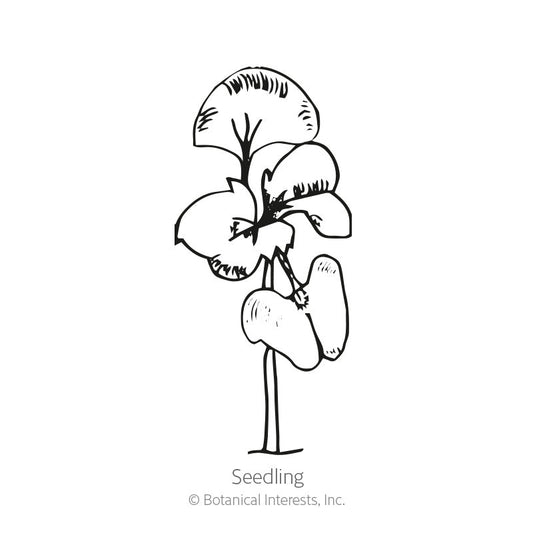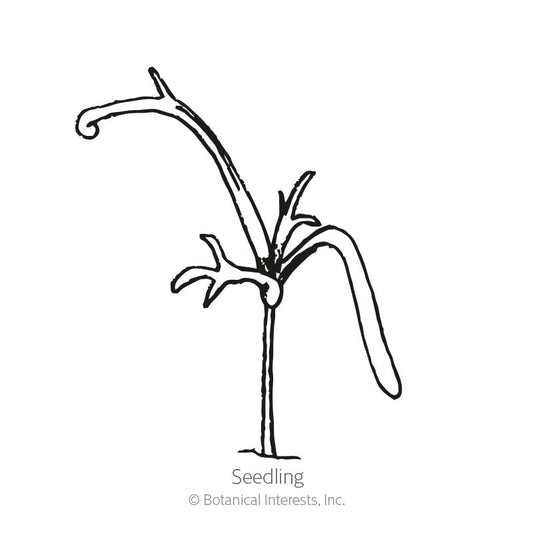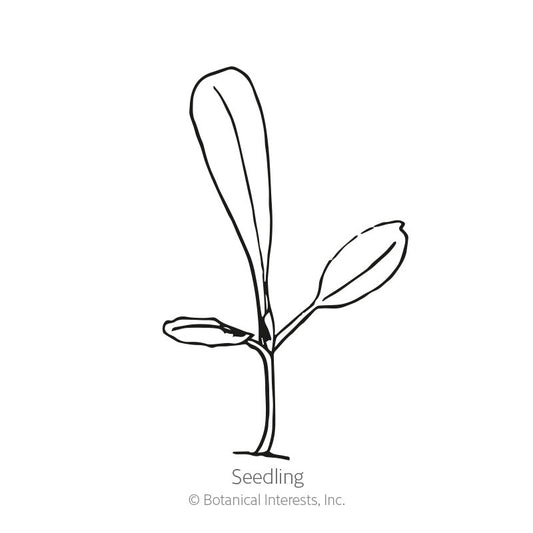



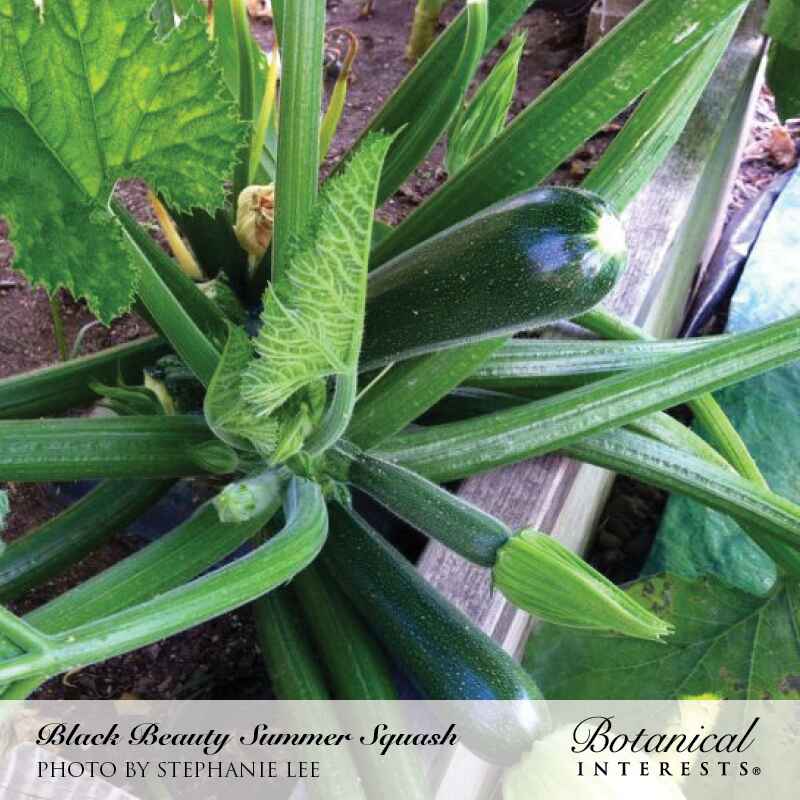
- Variety Info
- Sowing Info
- Growing Info
- Learn More
Variety Info
Days to Maturity: 55 days
Family: Cucurbitaceae
Type: Zucchini, Bush Squash, Summer Squash (Learn more)
Native: North America
Hardiness: Frost-sensitive annual
Exposure: Full sun
Plant Dimensions: Compact vines form a 2' tall by 3'–4' bush-type plant.
Variety Info: Best picked at 6"–8" long, has very dark green, shiny thin skin with creamy white interior, introduced to the U.S. in the 1920s.
Attributes: Frost Sensitive, Good for Containers
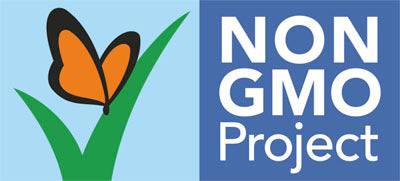
Sowing Info
When to Sow Outside: RECOMMENDED. 1 to 2 weeks after your average last frost date, and when soil temperature is 70°–85°F.
When to Start Inside: Not recommended except in very short growing seasons, 2 to 4 weeks before transplanting. Roots are sensitive to disturbance; sow in biodegradable pots that can be planted directly into the ground. Transplant when soil temperature is at least 60°F.
Days to Emerge: 5–10 days
Seed Depth: ½"–1"
Seed Spacing: 2–3 seeds per mound
Row Spacing: 3'–4'
Thinning: When 3 leaves, thin to 1 plant per mound
Your hardiness zone is
Growing Info
Harvesting: Harvest frequently to increase yield; squash seem to get monstrous overnight. While edible at almost any size, seeds are less developed in young fruit, therefore more tender. Using a knife or clippers, cut squash off including some of the stem. By including stem, the fruit is sealed and less likely to mold or dry out. Harvesting Blossoms: Look for male, non-fruit producing flowers that have long stems and harvest just before use (female flowers have a swollen mini-squash at the base of the flower and are on shorter stems).


